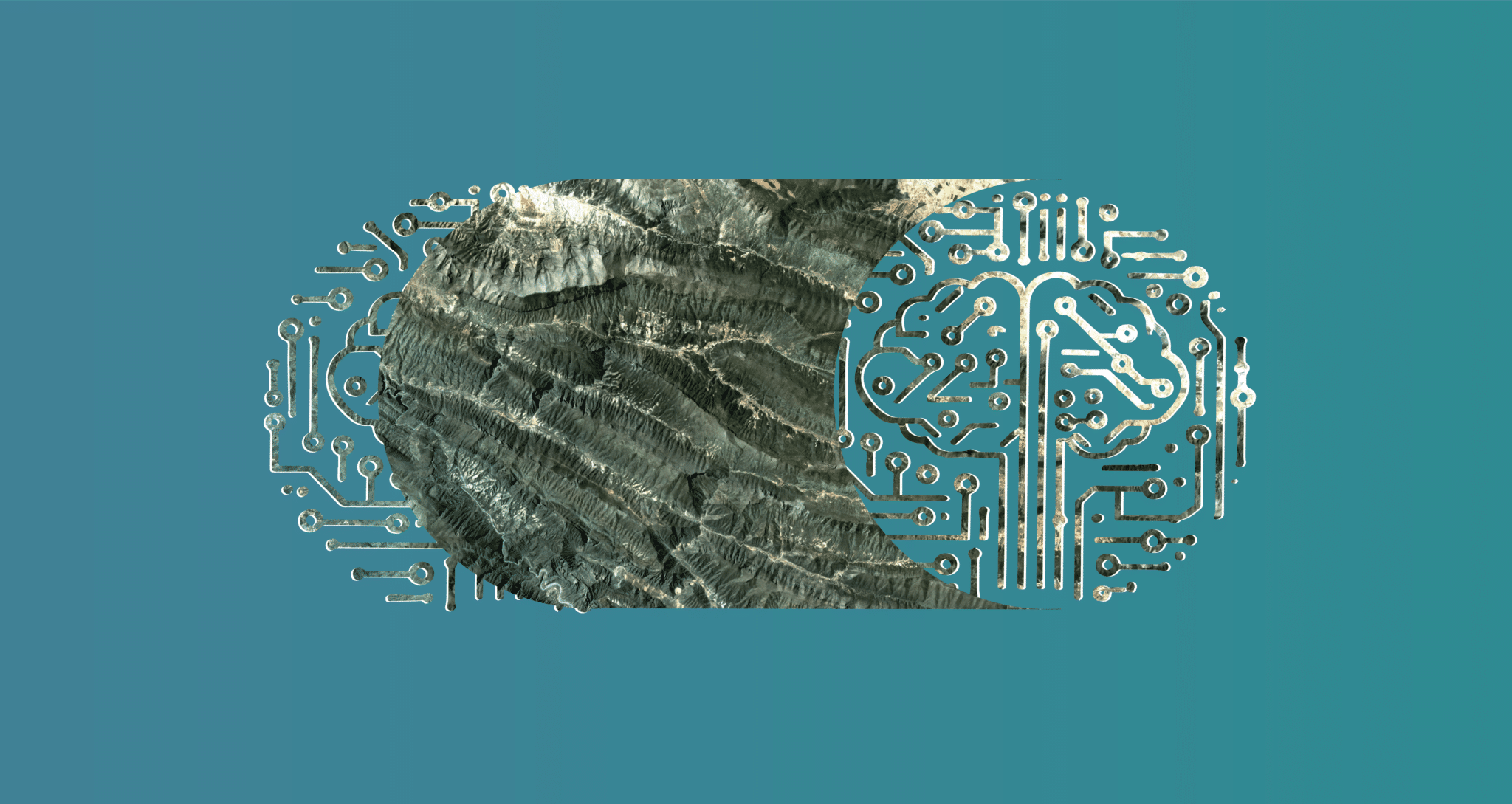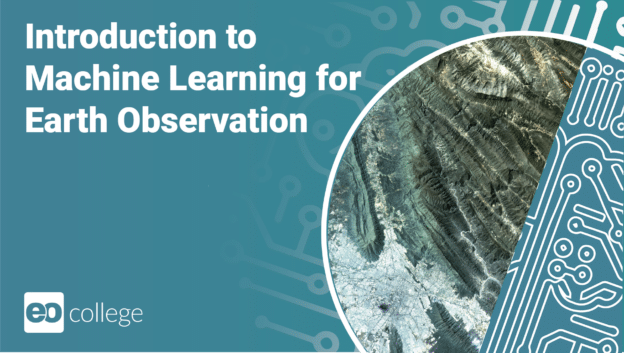What is this course about?
Throughout this course, you’ll embark on an enlightening journey into the realm of Machine Learning (ML) as applied to Earth Observation (EO). We’ll start by exploring the current landscape of ML for EO, shedding light on the latest advancements and addressing pertinent ethical considerations.
Who is the course for?
This course targets scientists possessing backgrounds in computer science, to entice them to explore EO as a compelling field for applied Artificial Intelligence (AI) solutions.
Whether you’re a student eager to expand your knowledge, a seasoned professional looking to stay ahead of the curve, or simply curious about the intersection of technology and environmental science, this course is tailor-made for you. Regardless of your background, our aim is to provide valuable background information, foster a deeper understanding of ML principles, and showcase real-world applications relevant to your interests and expertise.
A basic background in both Machine Learning and Earth Observation is of course advantageous.
What will you learn?
You will gain essential Machine Learning (ML) skills tailored for Earth Observation (EO) research, enhancing your proficiency in ML-driven research specifically within the EO domain. Additionally, you will acquire specialized knowledge through a course designed for computer science professionals, enticing you to explore Earth Observation as a compelling field for applied Artificial Intelligence (AI) solutions.
How long will the course take me?
The course is structured to cover a total duration of 7 hours. However, it is conveniently divided into smaller segments to ensure ease of completion and flexibility in scheduling.
How is the course structured?
The course is structured into six lessons, each building on the knowledge acquired in the previous lessons and presented by acclaimed experts in the field of AI4EO./p>
- Artificial Intelligence and Data Science in Earth Observation
An introduction to the facinating field of AI for Earth Observation, presenting applications as well as challenges.
- Identifying Ethical Issues and Opportunities in AI4EO Research
Grasp the essential terminology, understand the pivotal role of ethics in AI4EO, and examine six categories of ethical duties and guidelines through a case study and a novel approach to ethical decision making.
- Bayesian Estimation in Machine Learning for Earth Observation
Embark on a journey into Bayesian estimation, covering basic machine learning concepts like maximum likelihood and Bayes’ Theorem, and exploring uncertainty in machine learning models for Earth Observation.
- Self-supervised Learning: Tapping the Power of Unlabeled Data
Explore the differences between supervised and self-supervised learning, dive into the SSL pipeline and evaluation strategies, and discover pretext tasks along with contractive representation learning techniques.
- From Text to Image and Back: Image Generation from Text and Change Captioning in Remote Sensing
Discover the world of multimodal data integration, learn about remote sensing image generation from text using modern Hopfield networks, and explore changes to captions with an attentive network for remote sensing change captioning.
- Deep Learning for SAR
Get acquainted with Synthetic Aperture Radar (SAR), and dive into supervised approaches for speckle reduction as well as semantic analysis, including object detection and recognition.
- Machine Learning and Earth Observation for Sustainable Development Goals
Understand the role of machine learning and Earth observation in mapping deprived urban areas, smallholder farms, delivering tenure security, and global glacier mapping using deep learning and Earth observation data.
Team
Prof. Dr.-Ing. habil. Xiao Xiang Zhu
Chair of Data Science in Earth Observation,Technical University of Munich & Munich Center for Machine Learning.
Guest Prof. Dr. Mrinalini Kochupillai
Chair of Data Science in Earth Observation,Technical University of Munich.
Guest Prof. Dr. Yuanyuan Wang
Chair of Data Science in Earth Observation,Technical University of Munich
Guest Prof. Dr. Muhammad Shahzad
Chair of Data Science in Earth Observation,Technical University of Munich
Prof. Dr. Pedram Ghamisi
Helmholtz-Zentrum Dresden-Rossendorf
Dr. Ronny Hänsch
German Aerospace Center
Prof. Dr. Claudio Persello
University of Twente
Developed by



Sponsors


Course Content
About Instructor



